Turns out, tossing everything in the blue bin might be doing more harm than good.

I used to rinse every yogurt cup, break down every box, and sort plastics like it was my part-time job. Recycling felt like the least I could do to help the planet. But the more I learned, the less sense it made. So much of what we toss in the bin never actually gets recycled—it ends up in landfills, incinerators, or shipped across the world.
The system is broken, confusing, and often more about making us feel good than making a difference. Giving it up felt weird at first, but it’s been eye-opening. If you’ve ever wondered whether your efforts are worth it, you’re not alone. What you’ll discover might just change the way you think about “going green.”
1. Most of your recycling still ends up in the landfill.
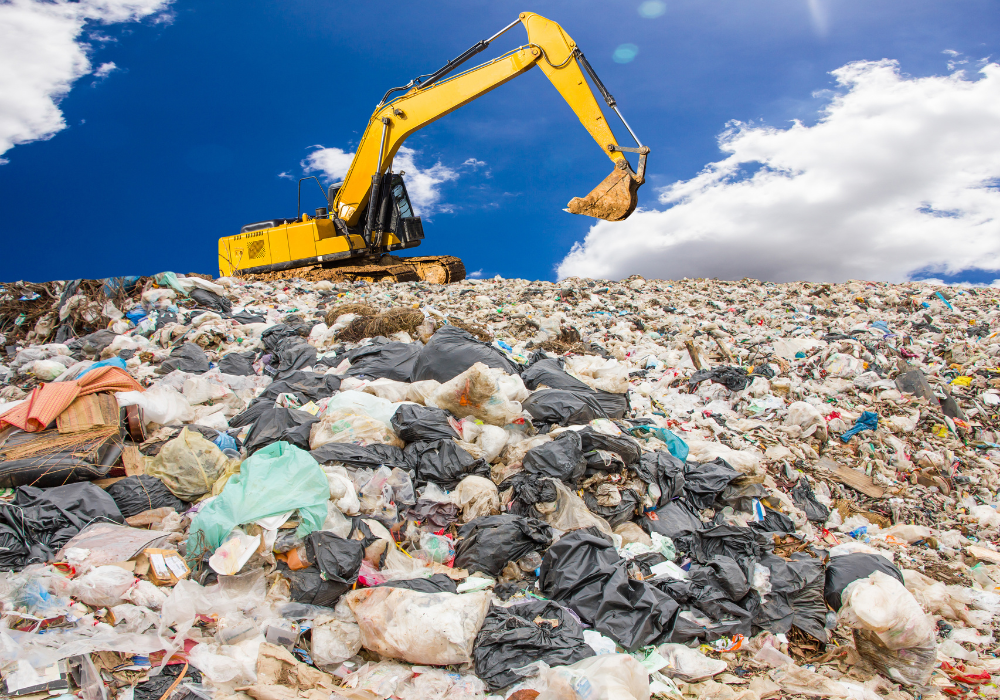
You’d think all that sorting and rinsing actually makes a difference—but the truth is, a lot of it goes straight to the dump. Just because you toss it in the blue bin doesn’t mean it gets a second life. Contamination, lack of proper facilities, and market issues mean tons of “recyclables” get trashed anyway. I used to feel so virtuous separating my waste, only to find out that my efforts were mostly symbolic.
That coffee cup with the plastic lid? Might as well have gone in the trash. It feels like we’re part of a pretend system that keeps us busy while real solutions get ignored. Once you realize how much of it is theater, it’s hard to keep playing along.
2. The rules are confusing on purpose—and you’re probably getting them wrong.

Have you ever stood over your bin wondering if that greasy pizza box goes in the trash or recycling? Yeah, same here. Recycling rules are ridiculously inconsistent, not just from state to state but from one town to the next. It’s no accident—it’s a chaotic system built on vague guidelines and hopeful guessing. The more I tried to “do it right,” the more I realized I was likely doing it wrong.
Turns out, wishcycling (tossing stuff in, hoping it’s recyclable) causes more damage than good. I stopped feeling guilty about not getting it perfect and started questioning why it’s so hard to get straight answers. If recycling truly mattered as much as we’re told, wouldn’t it be a lot easier to do correctly?
3. Recycling has become big business—and not in a good way.
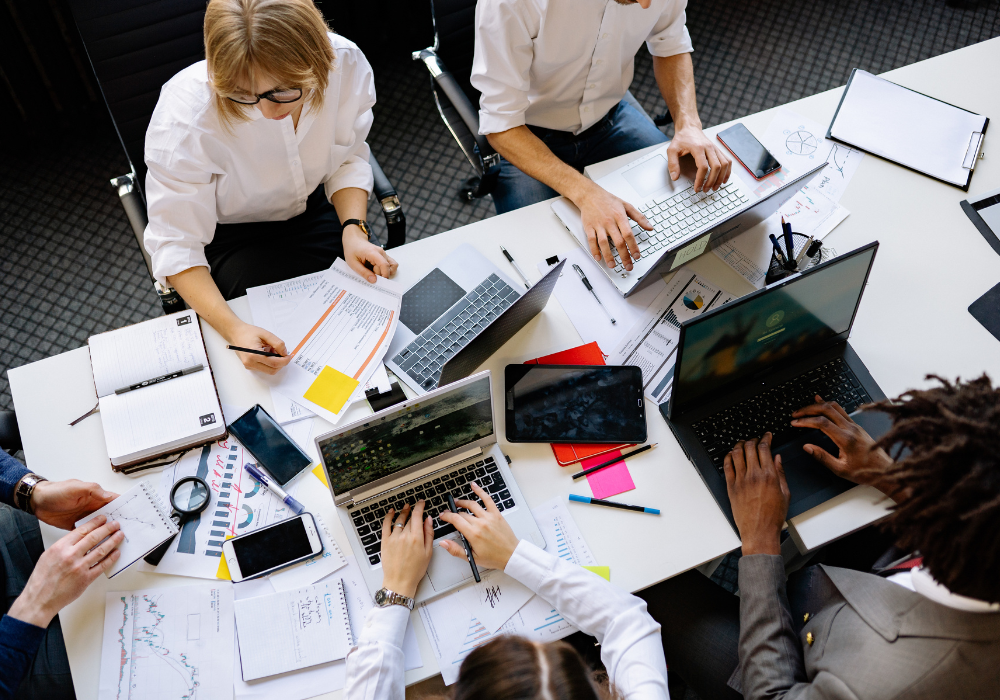
It’s easy to think recycling is all about saving the planet, but behind the bins are massive corporations profiting from your good intentions. Once I learned that recycling contracts are often about money, not sustainability, I started feeling played. Some cities even lose money trying to process our junk, while companies rake in cash from cheap labor and exports. Recycling, in many cases, is just another industry—with profits prioritized over impact.
That realization made me rethink everything. We’re not supporting an eco-friendly movement; we’re feeding a machine that benefits from our confusion. It’s capitalism dressed up in greenwashing, and once you spot it, it’s hard to ignore. Real change won’t come from tossing cans—it’ll come from confronting the system.
4. China stopped taking our waste, and we still haven’t figured it out.

For years, the U.S. shipped tons of recyclable waste to China, pretending we were “recycling” when we were really outsourcing the problem. In 2018, China said “no more,” and the whole system started to unravel. I didn’t even know this until I started digging—and when I did, I felt duped. Suddenly, cities were overwhelmed with mountains of plastic, and many just started landfilling it.
The truth is, we never had a real plan; we had a crutch. And once it got yanked, we were exposed. Our infrastructure isn’t built to handle what we produce, and we’ve made almost no progress fixing it. If the world’s second-largest economy couldn’t handle our waste, maybe it’s time we stop pretending this is working.
5. Contamination ruins everything—even when you’re trying.
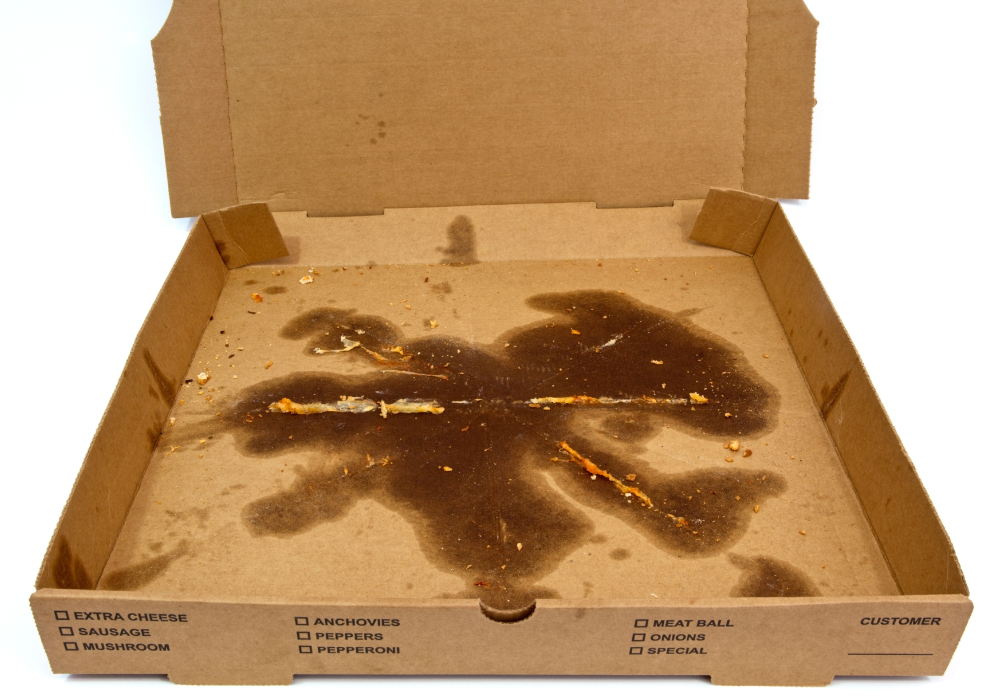
One wrong move—like a greasy takeout container or unwashed peanut butter jar—and an entire bin of recyclables can be rejected. Seriously. I couldn’t believe how easy it was to screw it all up. I followed all the rules (or thought I did), only to find out that contamination can undo everything. It made me wonder: how many of us are actually recycling “perfectly”? Spoiler: very few. And if it’s this easy to mess up the process, how effective can the system really be?
The whole thing started feeling more fragile than helpful. If a single pizza box can sabotage a truckload of recyclables, maybe we’ve built this on an illusion instead of actual sustainability.
6. Plastic recycling is basically a myth—and Big Oil wants it that way.
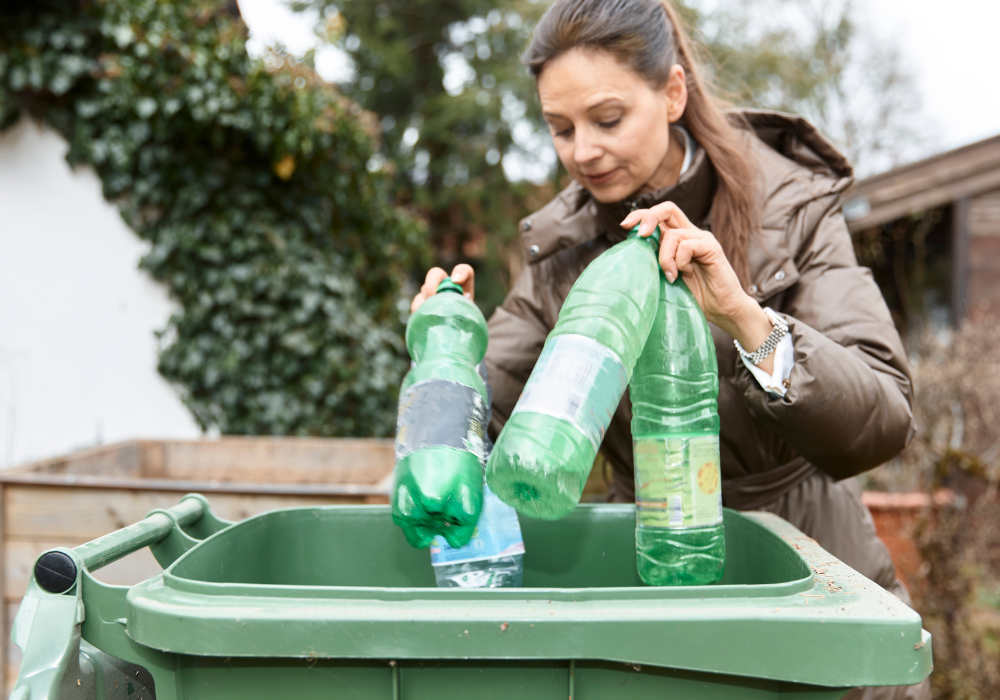
I used to believe that plastic was endlessly recyclable. Turns out, it’s mostly a one-and-done deal. Only about 5–6% of plastic in the U.S. actually gets recycled. The rest? It clogs landfills, pollutes oceans, or gets incinerated. Even worse, fossil fuel companies have a vested interest in keeping plastic production high—because plastic is made from oil.
It blew my mind that these industries push the idea of recycling just to keep consumers distracted from overproduction. They sell us guilt and then sell us more plastic. Once I connected those dots, recycling started to feel like a smoke screen. The more I thought about it, the more I realized I’d rather focus on reducing plastic altogether.
7. You’re doing all the work while companies face zero consequences.
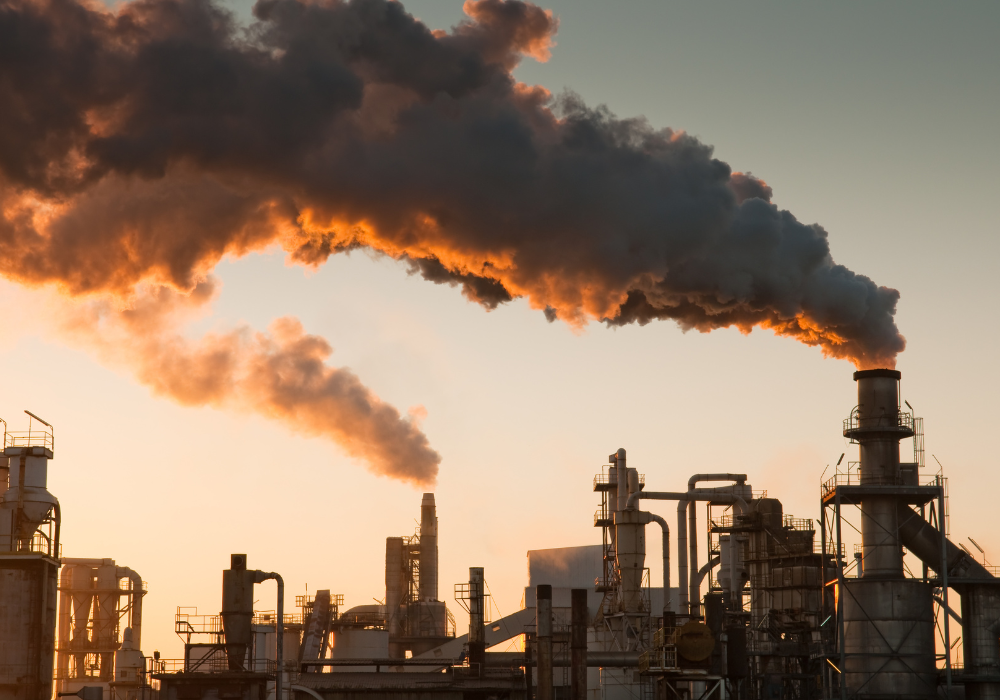
Ever notice how the responsibility for “fixing the planet” lands on regular people? We’re told to bring our own bags, sort our trash, and reuse glass jars—but what about the companies churning out all the waste? They get a free pass while we bend over backward to sort every piece of packaging. Once I realized that, I stopped playing the game.
Recycling shifts the burden onto consumers instead of holding corporations accountable for producing non-recyclable junk in the first place. I started demanding better choices instead of trying to “clean up” after billion-dollar brands. Until they’re held responsible, recycling feels like a distraction—not a solution.
8. Composting and reducing waste are way more impactful than recycling.
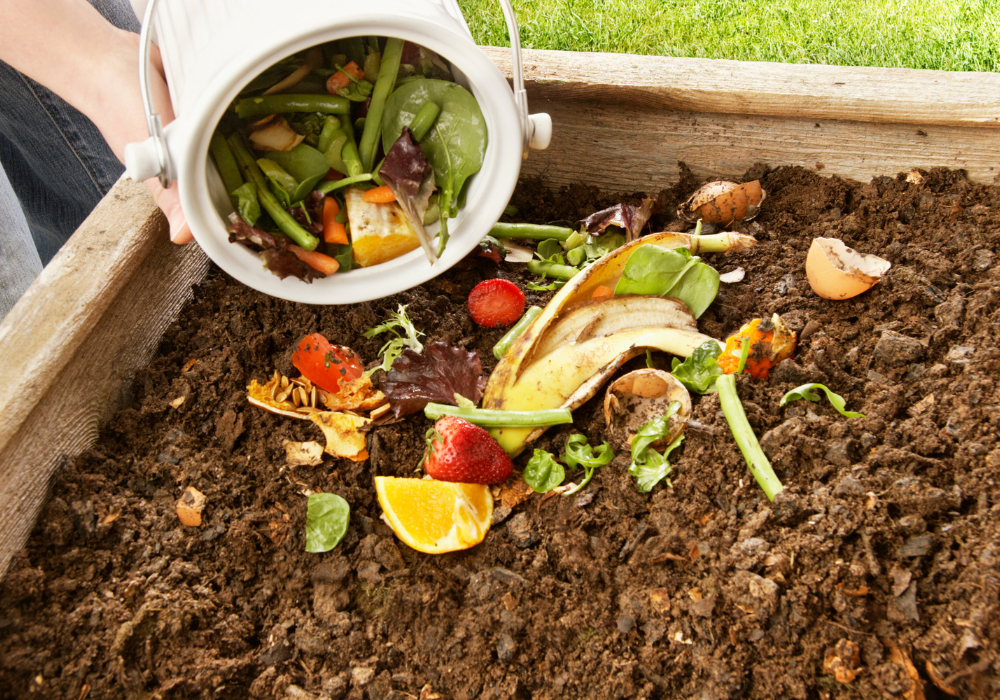
When I gave up recycling, I didn’t give up caring. I just shifted gears. Composting food scraps and reducing overall consumption made me feel like I was actually doing something real—not just going through the motions. I buy less packaging, shop secondhand, and avoid plastic when I can. It’s amazing how much smaller my trash pile is now.
And guess what? My recycling bin is empty most weeks, but my guilt is gone too. Turns out, you can have a bigger impact by creating less waste than by trying to sort it all after the fact. That shift made a huge difference—for my peace of mind and for the planet.
9. It’s become a lazy excuse for overconsumption.

It’s tempting to buy a 24-pack of plastic water bottles and say, “Oh, I’ll recycle them.” I used to think like that. Recycling gave me a free pass to consume more because I thought I was “offsetting” the damage. But eventually, I saw through it. It’s not a solution—it’s a crutch. And that mindset of “just recycle it later” leads to more waste, not less.
We need to stop pretending recycling absolves us of responsibility. Once I let go of that excuse, I started buying smarter, not more. It’s amazing how freeing it is to cut through the illusion and stop relying on a broken backup plan.
10. The energy cost of recycling isn’t as green as it seems.
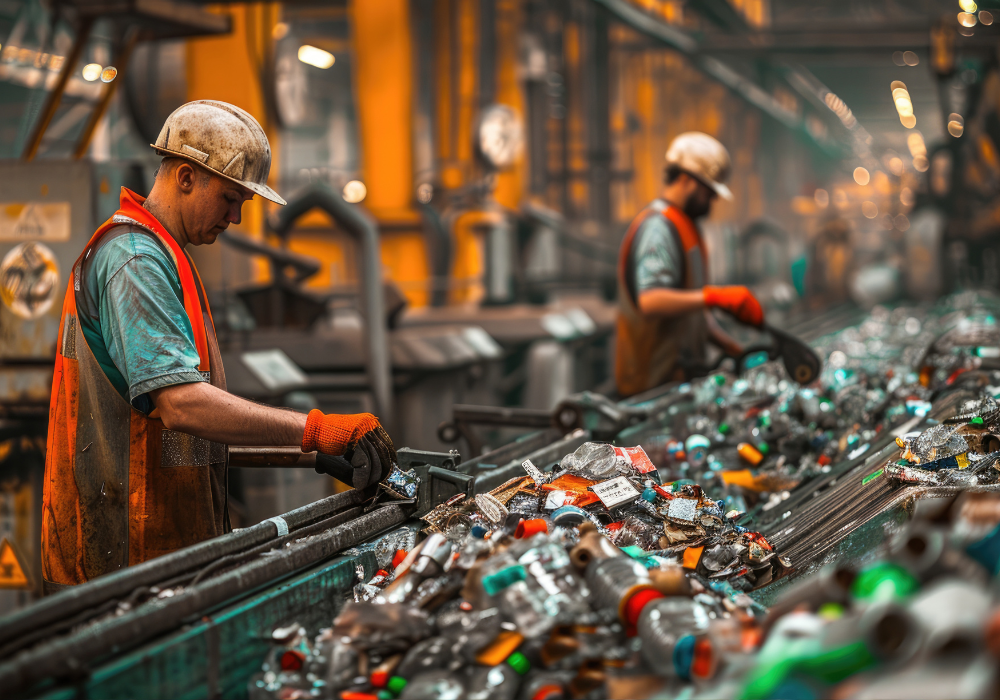
Recycling isn’t free—not for your city, and definitely not for the planet. Collecting, sorting, transporting, and processing recyclables takes a lot of energy. I had no idea how much fossil fuel went into keeping this whole machine running. For something that’s supposed to be eco-friendly, it left a pretty big carbon footprint. And when materials are shipped overseas, the impact multiplies.
I started wondering if the benefit really outweighed the environmental cost. In many cases, it doesn’t. Cutting back on consumption altogether turned out to be the greener move. Recycling isn’t the energy-saving superhero we were promised.
11. We’re decades into recycling—and the world’s still drowning in trash.
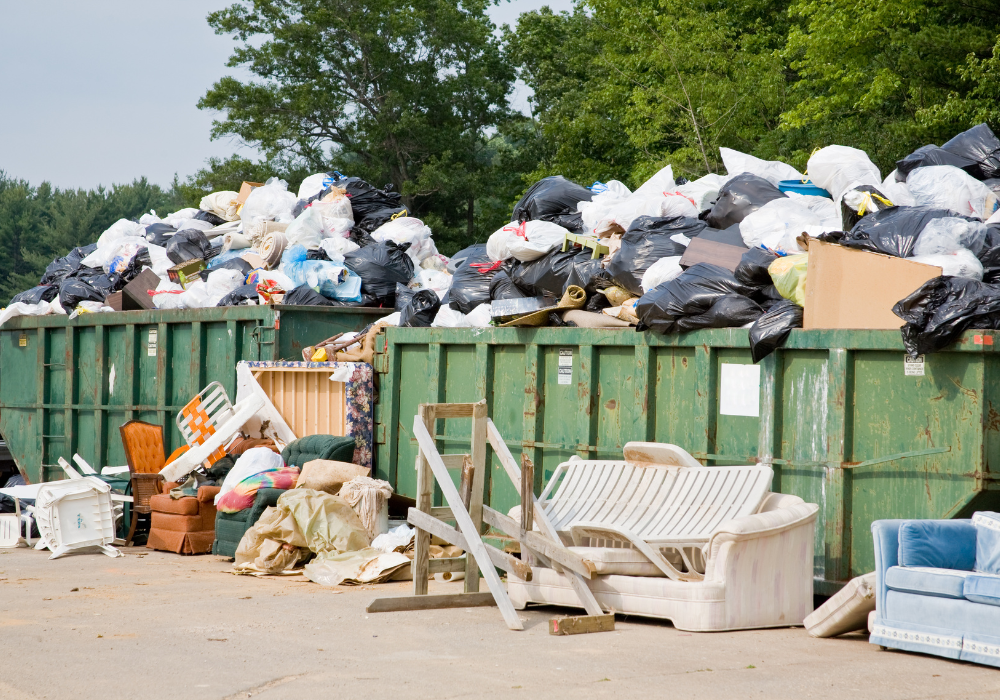
If recycling worked the way we were promised, wouldn’t we be seeing results by now? Instead, landfills are overflowing, and oceans are choked with plastic. I used to think I was part of the solution, but it’s hard to argue with what you can see all around you. After all these years, the garbage problem is worse than ever. Maybe that’s because we’ve been patching symptoms instead of fixing the source.
Recycling hasn’t fixed consumerism—it’s helped fuel it. Once I stopped pretending we could sort our way out of this mess, I started looking for better answers. Spoiler: they don’t come in a blue bin.
12. Opting out opened my eyes to smarter, simpler solutions.
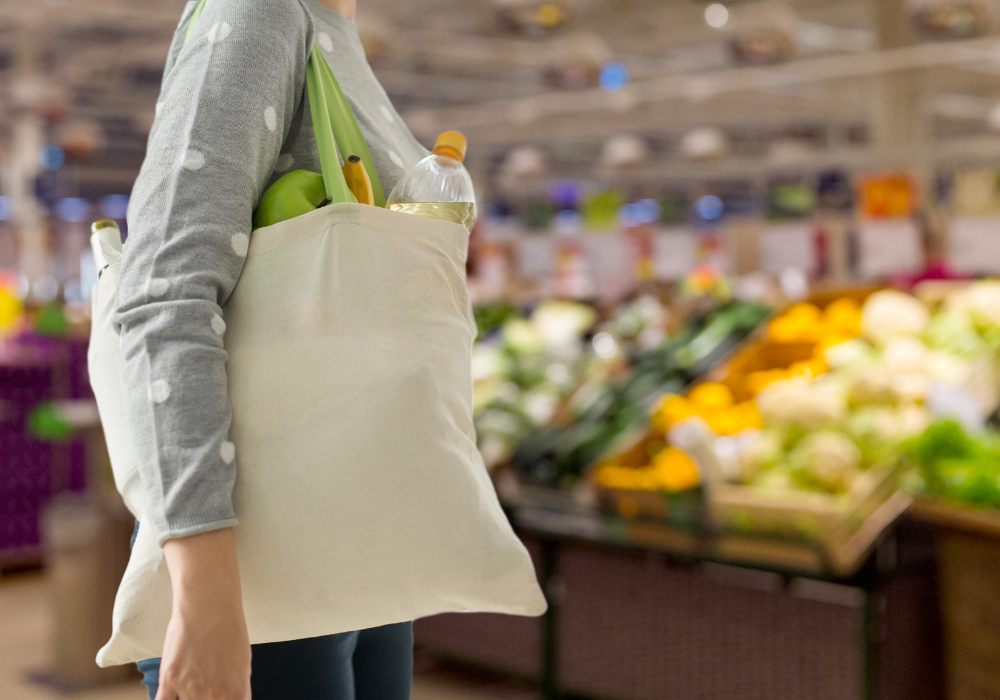
Walking away from recycling didn’t make me careless—it made me curious. Without the pressure to “do it right,” I had the freedom to reimagine my relationship with waste. I started using refill shops, switching to bar soap, and embracing reusables in a way I hadn’t before. No more guilt-laden sorting marathons.
No more Googling “can this be recycled?” at midnight. I simplified, and it felt good. Best of all, I discovered how much waste is completely avoidable when you stop leaning on a flawed system. In letting go of the blue bin, I made room for choices that actually matter.
